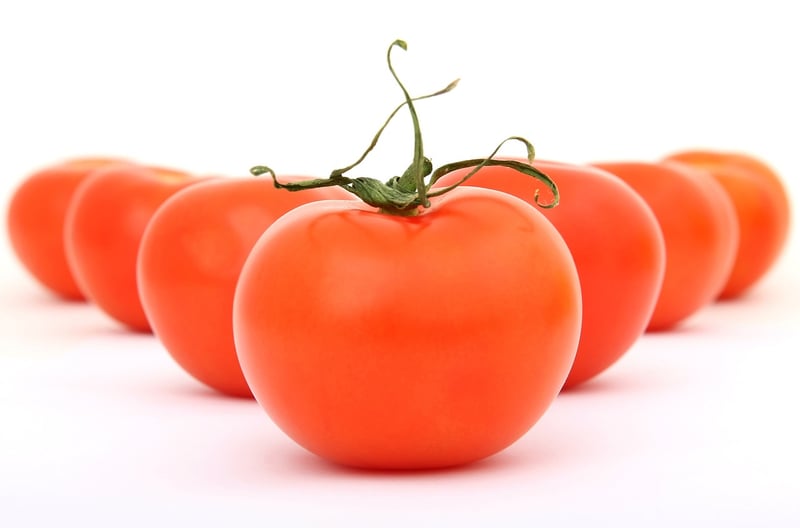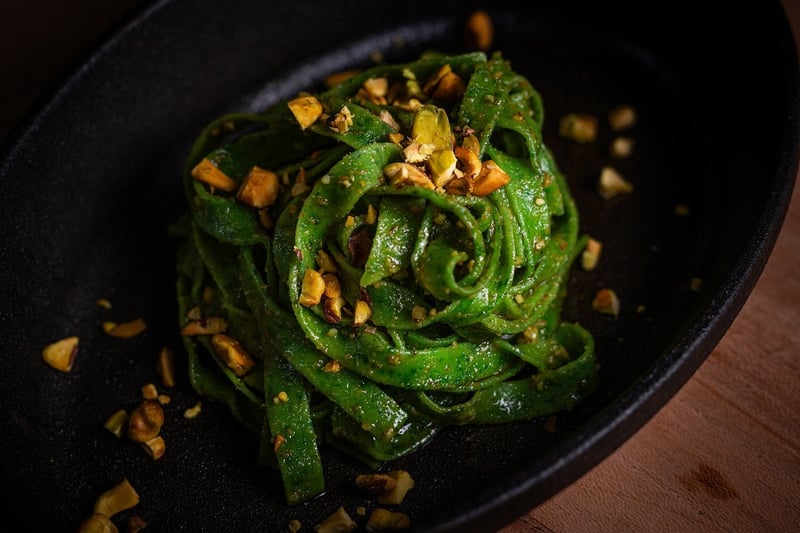Futuristic Gastronomy
The Evolution of Culinary Delights Across Eras
Food has always been central to human culture and history. From ancient times to the modern era, culinary practices have evolved, reflecting societal changes, technological advancements, and cultural influences. Let's take a journey through time to explore the diverse and delicious world of food across different eras.
Ancient Gastronomy
Ancient civilizations such as the Egyptians, Greeks, and Romans laid the foundation for culinary practices. They used locally sourced ingredients like grains, fruits, vegetables, and herbs to create simple yet flavorful dishes. Spices and herbs were highly valued for their medicinal and aromatic properties.

Medieval Feasts
The Middle Ages saw the rise of elaborate feasts and banquets, where roasted meats, spiced wines, and intricate pastries were served. Nobles showcased their wealth through extravagant dishes, while peasants relied on hearty stews and bread made from coarse grains.

Renaissance Cuisine
The Renaissance period brought a renewed interest in culinary arts. Explorers introduced new ingredients like tomatoes, potatoes, and chocolate to Europe, revolutionizing recipes. The era saw the publication of the first printed cookbooks, spreading culinary knowledge far and wide.

The Future of Gastronomy: A Glimpse into Futuristic Food
As we look ahead, the future of gastronomy holds exciting possibilities. Advancements in technology, sustainability concerns, and changing consumer preferences are shaping the way we eat. Let's explore some futuristic trends that are redefining the culinary landscape.
3D Printed Food
Imagine a world where intricate dishes are created layer by layer using 3D printing technology. Chefs can design unique textures and flavors, personalized to individual preferences. This innovative approach to food production could revolutionize the way we think about cooking.

Sustainable Eating
With environmental concerns on the rise, sustainable eating practices are gaining popularity. From plant-based proteins to zero-waste cooking techniques, the future of gastronomy is focused on minimizing ecological impact. Chefs are experimenting with alternative ingredients and innovative cooking methods to create delicious, eco-friendly meals.

From ancient recipes passed down through generations to cutting-edge culinary innovations, food continues to be a source of creativity, culture, and connection. Whether exploring the flavors of the past or embracing the food of the future, the world of gastronomy offers a rich tapestry of tastes and traditions to savor.
